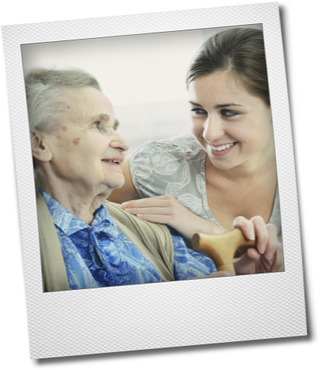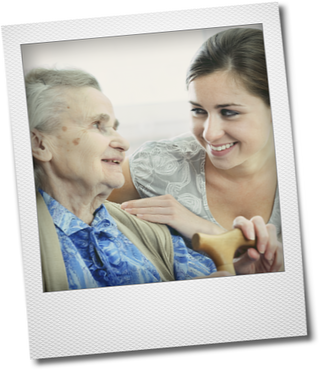
With snow and ice here, what should we do for our senior family members and friends during the winter season? What needs should you look out for?
We sat down to talk with Andrea Cohen from HouseWorks, a company connecting seniors with resources they need to live independently. She offered a series of tips on how to help your elderly loved ones prepare for winter.
Hypothermia
“Older people are less efficient at regulating body heat.” Andrea said. “So they can develop some pretty serious complications, even at room temperatures of 60 or 65 degrees.”
To save money, a lot of us watch the thermostat like hawks. Seniors doing the same thing can endanger themselves, because they often don’t realize when they’re cold. Instead, Andrea said, they chalk up symptoms of hypothermia like confusion, clumsiness, or slowed speech as side effects of aging and not something more serious. There are ways to prevent that from happening:
- Don’t set the thermostat below 65—even at night. Install programmable thermostats to regulate the temperature and save on energy.
- Shutting off unused rooms will help keep lived-in areas of the house warmer and also keep energy costs down.
- Avoid giving in to the temptation of space heaters. They come with a dual risk of fire and carbon monoxide poisoning.
- Keep the heat indoors by making sure drafts are blocked and windows are insulated.
- If money is an issue, seniors can apply for fuel assistance by contacting their provincial government to enquire about financial assistance.
Falls
“Falling on ice is dangerous for everyone. But for seniors, the risk is higher and the consequences can be far worse—hip fracture, brain injury, loss of independence, or the start of a downward spiral in health,” Andrea cautioned.
Thankfully, many spills are preventable by addressing risk factors in advance:
- Install overhangs above doorways to prevent ice build-up on steps and walkways.
- Keep salt or ice melt next to the door with a scooper that a senior can manage.
- Make sure there are sturdy railings on both sides of walkways.
- Don’t wait until the storms hit—arrange for snow removal in advance!
Isolation and Inactivity
When the weather turns bad, the elderly often stay indoors out of fear of ice slips, falls, or worse. But being cooped up can bring on loneliness or depression.
“That’s a problem,” Andrea said, “because seniors already have fewer options for finding relief from isolation.”
She gave us some great ideas for helping Mom and Dad socialize regularly through all seasons:
- If they have a computer, try getting them online more often with frequent emails or updates to photo-sharing sites where they can follow the family news.
- While you’re looking into a snow-shoveling service, why not hire a driver? Arrange for one to come on a weekly basis to pick up your loved one and their friends for regular outings!
- Find indoor alternatives to regular exercise. If your parent usually goes for a daily walk, but can’t now that the temperature is dropping, suggest a gym membership or a walking program at a local mall.
Wintertime doesn’t have to be an inconvenience or a difficult experience for your elderly loved ones. With a little advance preparation, and some extra care, you can make this time of the year as comfortable for them as any other.
What are some of the things you do for your parents or relatives who are getting on in years? Share your thoughts in the comments.
